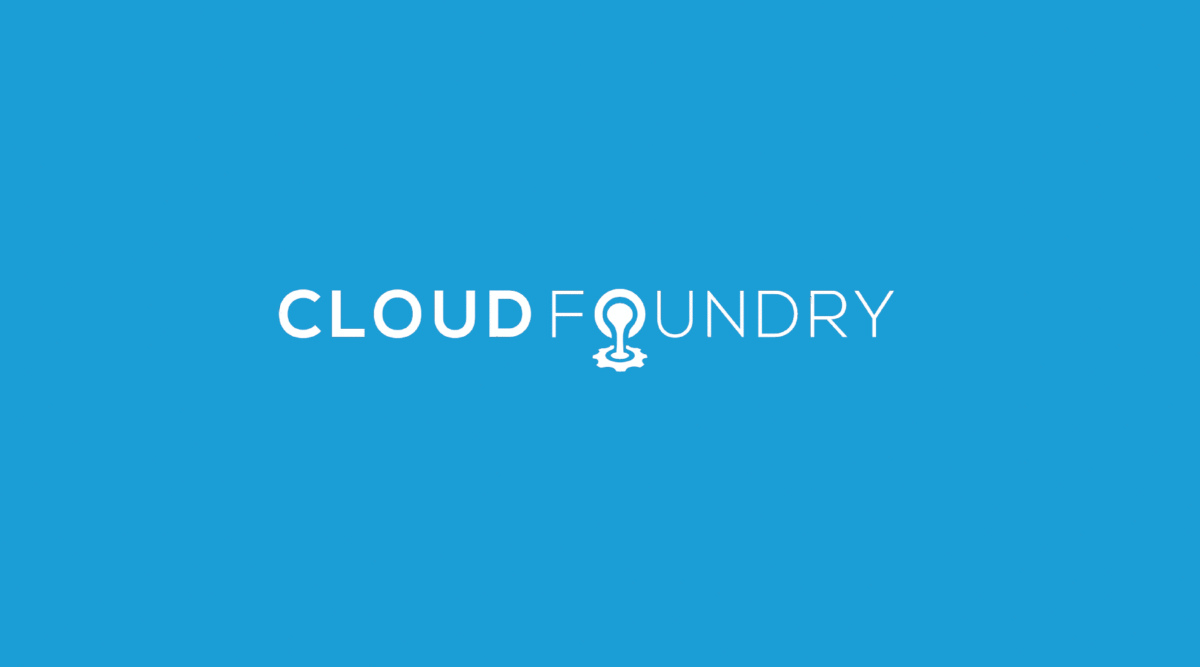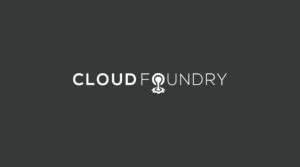In this Q&A, Daniel Krook, Animesh Singh, and Manuel Silveyra from IBM give us a quick peek at what to expect in their Cloud Foundry Summit 2015 session on Finding and Organizing a Great Cloud Foundry User Group.
Tell us a little bit about yourself and your career history.
Daniel Krook: I’m a Senior Certified IT Specialist building first-of-a-kind IBM cloud solutions with Cloud Foundry, OpenStack, and Docker based on customer PoCs. I did a lightning talk on our internal Cloud Foundry operational metrics dashboard at the inaugural Platform CF conference. We contributed this Admin UI to the community shortly after the event.
Animesh Singh: I’m a Senior Cloud Architect for IBM Cloud Labs. I currently work with customers to design solutions based on OpenStack and Cloud Foundry. In particular, I work on the Bluemix Local project for on premises deployments that was announced in February at the IBM InterConnect conference. At last summer’s CF Summit, I delivered a talk on integrating Cloud Foundry with OpenStack.
Manuel Silveyra: I’m a Senior Cloud Solutions Architect and Master Inventor currently focusing on the transformation of software delivery on the cloud using proven DevOps practices. I was previously a lead architect in the Linux Integration Center at IBM so I have a keen interest in containerized applications, such as Docker, and its intersection with Cloud Foundry and OpenStack.
How did you get involved in Cloud Foundry?
We were a core part of the team evaluating and incubating the first large scale Cloud Foundry deployments on top of equally large OpenStack clusters within IBM. Those wildly successful internal tests with huge internal IBMer uptake showed that both Cloud Foundry and OpenStack were the right Platform-as-a-Service and Infrastructure-as-a-Service projects on which to build the next generation of IBM cloud services, such as Bluemix. IBM has now based its entire set of cloud products and services on open source in order to achieve massive scalability, ecosystem interoperability, and flexible hybrid cloud delivery.
As with our involvement with Apache, Linux, and Eclipse before it, we realized that it’s not enough to build on top of open source technology in order to create higher value services. It’s also important to contribute key features to the community through a well-organized meritocracy and to provide leadership through the Foundation that ensures the long-term success and viability of the project for our customers. We call this philosophy “Open by design.” Our talk reflects our deep commitment to strengthening the Cloud Foundry community in our towns and around the world.
What you are speaking about at CF Summit?
We’re sharing our insights on how and why to get involved with a Cloud Foundry user group and build a vibrant community in your own neighborhood. Over the past year, we’ve been putting together dozens of meetups that have drawn thousands of members and hundreds of attendees to learn about Cloud Foundry in cities around the world. Daniel organizes the New York City Cloud Foundry Meetup; Animesh organizes the Silicon Valley Cloud Foundry Meetup; Manuel organizes the Austin Cloud Foundry Meetup.
Why do you think what your talk is about is important?
Meetups are a fantastic way to build new skills, find job opportunities (and prospective new hires), and build communities around an open source project. The powerful thing about cloud computing is that resources are virtualized and distributed globally. But a great way to learn (or share your knowledge) about cloud computing itself is to attend a local meetup.
What do you hope people learn?
We want attendees to know that there are so many ways to join the global Cloud Foundry community. There are the annual Summits, GitHub, and the mailing lists of course, but to truly learn about Cloud Foundry and build something of value with it right away, nothing beats regular, in person, meetings to see a live demo, to share information and war stories, and build a network of talented colleagues in your own city.
Meetups are a great way to lower the barriers to learning a sophisticated and powerful open source project like Cloud Foundry and to immediately apply the technology on your next project. We want to share our lessons so that you can easily find and quickly organize great events in your own area, and therefore to continue to strengthen the global community around Cloud Foundry.
If you haven’t registered for Cloud Foundry Summit yet (May 11-12 in Santa Clara, Ca.), there’s still time.





